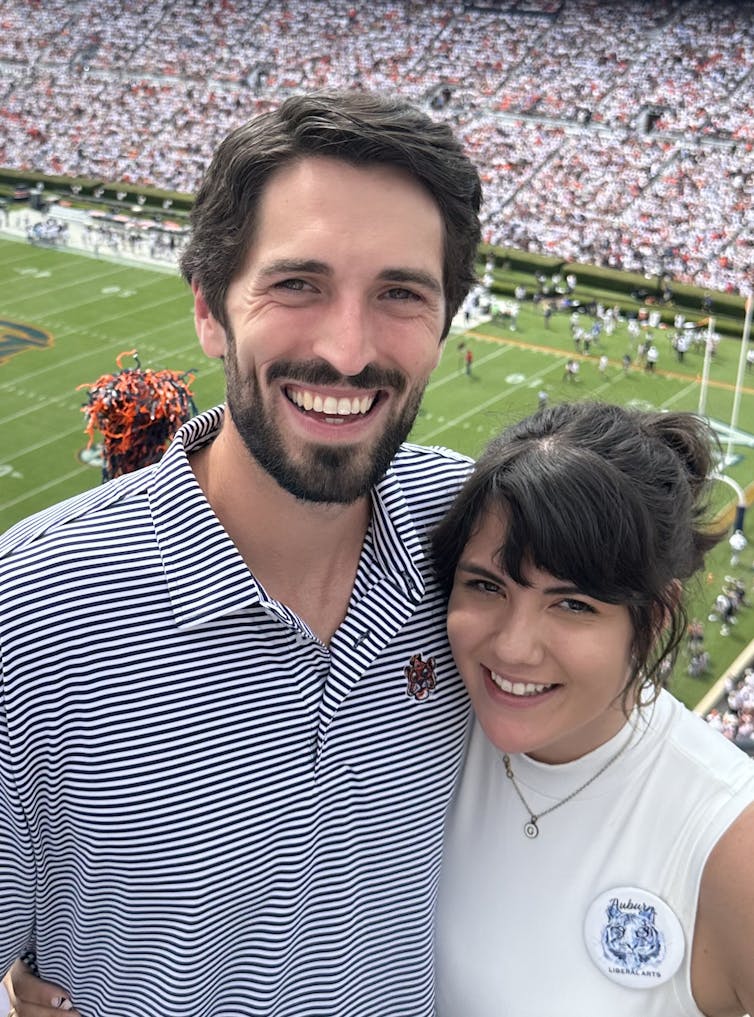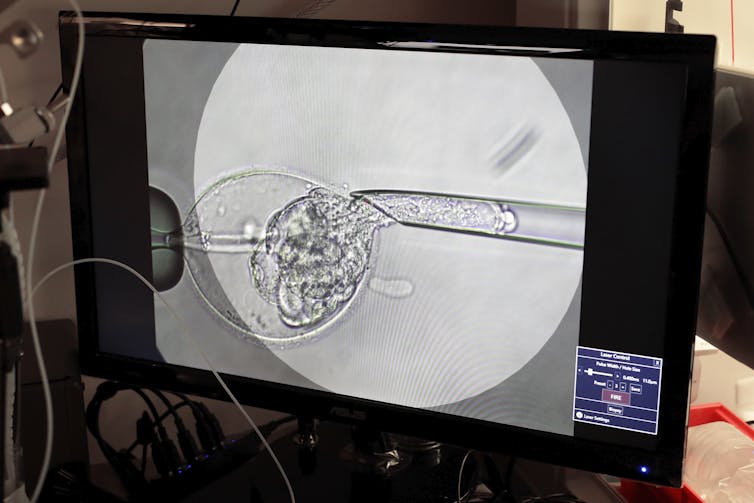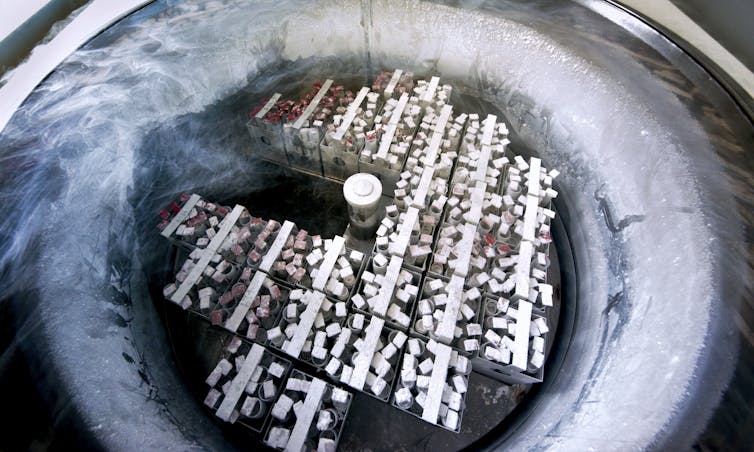
Today, it looks as though we in the United States need some help from the goddess Cybele, the goddess of childbirth
It seems ironic that today, just as almost every other country in the world, including notoriously Roman Catholic countries like France and Ireland, has made abortion legal, and women may make their own medical choices and have bodiy autonomy, the United States is going backwards in time (though not as long as you might think. Abortion was never a political issue until sometime in the latter half of the 19th century the Pope at the time wrote an Encyclical condemning it.) It’s true that abortions were hard to get before that. But that probably was because so lttle was known about the female anatomy that there were no techniques for it – certainly no safe ones. Some doctors may have been influenced by the full version of the Hippocratic Oath, of course.
And it’s even more ironic that the way they chose to justify this draconian action (or actions) puts a huge risk not only women, but also the practice of IVF, in vitro fertilization. You may or may not know anyone personally who has used this technique, often when all else failed, to produce a child (I believe Tammy Duckworth had to use it due to her combat injuries.) If not, this highly personal story should give you at least an idea of how complicated it is at every point – and how hypocritical the Republican Party is (as if you didn’t know).
=============================================================
I’m a political scientist, and the Alabama Supreme Court’s IVF ruling turned me into a reproductive-rights refugee

Spencer and Gabby Goidel, CC BY-ND
Spencer Goidel, Auburn University
The day before the Alabama Supreme Court ruled that frozen embryos created and used for in vitro fertilization are children, my wife, Gabby, and I were greenlighted by our doctors to begin the IVF process. We live in Alabama.
That Friday evening, Feb. 16, 2024, unaware of the ruling, Gabby started taking her stimulation medications, worth roughly US$4,000 in total. We didn’t hear about the decision until Sunday morning, Feb. 18. By then, she had taken four injections – or two doses – of each of the stimulation medications.
For those who don’t know, the IVF process is a winding journey full of tests, bloodwork and bills. An IVF patient takes hormones for eight to 14 days to stimulate their ovaries to produce many mature eggs. The mature eggs are then retrieved via a minor surgical procedure and fertilized with sperm in a lab. The newly created embryos are monitored, sometimes biopsied and frozen for genetic testing, and then implanted, usually one at a time, in the uterus. From injection to implantation, one round of IVF takes four to eight weeks.
IVF can be as stressful as it is exciting. However, the potential of having a successful pregnancy and our own child at the end of the process, we hoped, would make it all worth it. The decision by the Alabama Supreme Court threw our dreams up in the air.
I study politics – I don’t practice it. I’m not involved in state or local government. I’m a scholar, not an activist or an advocate. But now one of the most intimate, personal events of our lives had been turned into a political event by the state’s highest court. As a result, I became something else, too, which I had not been before: an activist.
Making sense of the ruling
Throughout the process of creating, growing and testing embryos in a lab, as many as 50% to 70% of embryos can be lost. Similarly, in the preimplantation stage of natural pregnancies, many embryos don’t survive.
If embryos are children, as the court ruled, then fertility clinics and patients would be exposed to an immense amount of potential legal liability. Under this new framework, patients would be able to bring wrongful death suits against doctors for the normal failures of embryos in the testing or implantation phase. Doctors would either have to charge more for an already expensive procedure to cover massive legal-insurance costs or avoid IVF altogether.

AP Photo/Michael Wyke
The decision and its implication – that IVF could not continue in the state of Alabama – felt like a personal affront to us. We were infuriated to have this uncertainty injected into the process three days into injecting IVF medication.
While the decision clearly imperiled the future of IVF in Alabama, it was not clear to us whether we would be allowed to continue the process we had begun. We were left completely in the dark for the next four days. Gabby and I had no choice but to continue daily life and IVF as though nothing was happening.
For me, that meant teaching my political participation course at Auburn University.
Teaching politics when it gets personal
I’ll never forget walking into class on Monday, Feb. 19, and telling the students about the court’s ruling and how it – maybe? – was going to jeopardize Gabby’s and my IVF process.
Before starting IVF, Gabby and I had gone through three miscarriages together.
IVF doesn’t always work. Approximately 55% of IVF patients under the age of 35 – Gabby is 26 – have a successful pregnancy after one egg retrieval. We couldn’t imagine the pain of telling friends and family that our attempt at having a child had once again failed. So we had agreed we were going to tell as few people as possible about starting IVF.
Yet, here I was now, telling my entire class what we were going through and how the Alabama Supreme Court ruling could affect us.
I wasn’t alone in sharing our story. The night before my Monday morning class, Gabby published an opinion column on our local news site about the ruling and our resulting fears and anxieties, which really resonated with people.

Ted Horowitz Photography/The Image Bank via Getty Images
I was, that day and throughout the next few weeks, fixated on the conceptual gulf between the court’s ruling and public opinion. I wondered aloud, “Who’s against IVF? Surely, only 5% to 10% of the public agrees with this ruling.”
The actual numbers aren’t far off my in-class guess. Only 8% of Americans say that IVF is immoral or should be illegal. But the story is more nuanced than that. Approximately 31% of Americans and 49% of Republicans support “considering frozen embryos as people and holding those who destroy them legally responsible.”
In an attempt to tie our personal political experience into the class topic, I remarked that this court decision was a surefire way to get people involved in politics. I had no clue at the time how prophetic my comment would be.
Fleeing to Texas for reproductive rights?
On Wednesday, Feb. 21, the University of Alabama Birmingham’s fertility clinic paused IVF treatments. That wasn’t our clinic, but the move sent us into a total panic. Our clinic’s closure seemed inevitable – and within 24 hours it had paused IVF treatments as well.
We didn’t know what we were going to do, but we knew we were likely leaving the state to continue IVF. I needed to tell my department chair what was going on.
I was walking out of my department chair’s office when my phone rang. Gabby told me, “We got in, we’re going to Temple.” I ran back into my department chair’s office, told her we were going to Temple, Texas, and then rushed home.
A reporter from CNN beat me there. It was one of several interviews with major media outlets Gabby did in the wake of her opinion column. After the interview, we threw clothes in a suitcase, dropped our dogs off at the vet and drove to the Atlanta airport. We flew to Texas that night.
The thought of not completing the egg retrieval never seriously entered our minds. We were confident that we could get in with another IVF clinic somewhere, anywhere. But we’re affluent. We’re privileged. What if we weren’t so well off? We wouldn’t have wanted to give up, but we wouldn’t have been able to afford the fight.
We spent exactly one week at my parents’ house in Texas. Thankfully, my parents live an hour and a half away from the Temple clinic. We met our new doctor, Dr. Gordon Wright Bates, and were immediately reassured. His cool expertise and confidence were calming to a stressed-out couple. The Alabama Supreme Court may have upended our lives, but we felt weirdly lucky to be in such a comfortable place.
The egg retrieval was Wednesday morning, Feb. 28. By all indications, it went well. IVF, however, is full of uncertainties. Now we are waiting on the results from preimplantation genetic testing. After that, there’s implantation and hoping the embryo continues to grow. We’re not in the clear: IVF is a stressful process even without a state court getting in the way. But today we are in a situation more like an average couple going through IVF than we have been in the past few weeks.
Late Wednesday night, March 6, Alabama Gov. Kay Ivey signed into law a bill providing legal protection to IVF clinics in the state. Gabby and I rejoiced at the news. Hopefully, we’re the last Alabamian couple to flee the state for IVF.
A mobilizing moment
When state politics directly interferes with your life, it feels like a gut punch, as if the community that you love is saying you’re not loved back. It’s easy to see how such an experience could either discourage or motivate you. Research shows that traumatic events, for the most part, depress voter turnout in the following presidential election. By contrast, families and friends of 9/11 victims became and remained more politically engaged than their peers.
In this case, the Alabama Supreme Court ruling mobilized Gabby and other women going through the IVF process. For better or worse, the women, couples and families mobilized by this decision will likely always be more engaged because of it.
“Oh, God,” I remarked to my dad, “we’re going to be activists now, aren’t we?”
“So?” he asked.
“No one likes activists,” I responded in jest. But if we’re going to have and raise the family we want, this is just the first of many decisions we’re going to make that someone’s not going to like.![]()
Spencer Goidel, Assistant Professor of Political Science, Auburn University
This article is republished from The Conversation under a Creative Commons license. Read the original article.
==============================================================
Cybele, I’ll bet you wish you have had a tool like IVF to help out couples in despair. But abortion too can oddly increase fertility in the long run. Mt mother, for instance, had surgery for an ectopic pregnancy (they called it a “burst tubal pregnancy” at the time, which essentially means it wasn’t caught in time and she was bleeding like crazy all over the docter’s office when it was caught.) Had she not been allowed to have her life saved with that surgery, I would not have existed. I came along about seven years later. And it just makes sense – if a woman is not able to get an abortion for a pregnancy which will kill her if not terminated, she will not bear any more children. Ever.
I don’t expect you to get through to any Republican lawmakers … but you may be able to give some hints on how to grapple with this issue to Democratic lawmakers. We have several who are good at turning factual information into damning narratives. To name a few Jamie Raskin, Jerry Nadler, Eric Swalwell, Adam Schiff, Ted Lieu … and that’s just in the House. There are some in the Senate also. Any assistance will be more a[[reciayed than I can possibly express.

Sorry, the comment form is closed at this time.